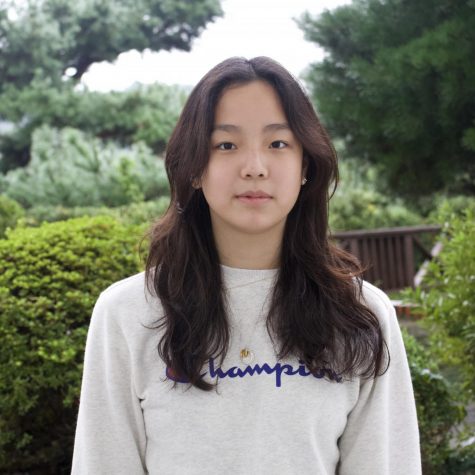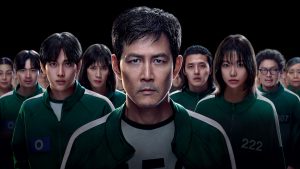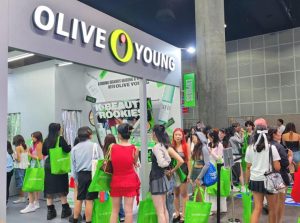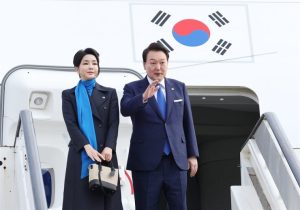Publicize politicians’ private personas
Apr 14, 2022
On March 8, the prosecutor general turned presidential leader, Yoon Suk-yeol, secured his victory in the 2022 presidential election, bringing the conservative party back into power. Right before Yoon confirmed his win, his progressive rival, Lee Jae-myung, conceded defeat after 98 percent of the votes were counted. The 2022 presidential election, nicknamed the “contest between the unlikeables,” was by far the most tumultuous and scandalous election in the history of South Korean politics. Now, as Koreans return to their lives after the election, to what extent politicians’ private lives should be accounted for in an election is the hot new question.
With both candidates Yoon and Lee vying for the throne, explicit recordings, secrets, and even potential crimes were revealed to the public. Both candidates’ campaigns were marred by shocking revelations that cast doubt on the moral standards of each candidate, and the news swayed the polls on a daily basis.
The press revealed that Yoon’s mother-in-law was convicted of fraud and sentenced to three years in prison last year, although she was later found not guilty. Yoon’s wife, Kim Keon-hee, was captured on tape claiming that if her husband became president, she would jail critical reporters. Kim has also been accused of stock manipulation at a used vehicle dealership, which has prompted a government probe.
On the other hand, Lee was accused of assisting a small firm in making millions from a public-private housing project through a manipulated public bidding. His wife, Kim Hye-kyung, was suspected of using public funds to pay for personal items while Lee was governor of Gyeonggi Province, prompting a larger inquiry. Lee can also be heard shouting at family members in a phone call from 2012 that was released on YouTube.
“It is difficult to separate the public figure and his policies from his character,” Yoonseo Kim (11), MUN club member, said. “At the end of the day, it is the character and ideals of the candidate that are reflected in his campaign, which certainly establishes a strong connection between the personal lives of the politician and the livelihood of the country. Even though some argue that politicians have a right to privacy, it is not the case when there needs to be a monumental decision regarding the next pivotal years of Korean politics.”
By the definition of politics, politicians are driven by beliefs and ideals they hold, and their actions and policies are reflective of their moral compass of being able to separate right from wrong. Even as high school students, our essays and speeches in classes represent our belief system and thoughts we hold as true.
If a candidate is found to be a person whose actions do not reflect the characteristics of a leader, his lack of sound judgement will prove problematic once he occupies a political position. With this in mind, Korean citizens made their decisions on the grounds of who they believed was the lesser of the two evils in this election.
However, opponents argue that there should be a wall of separation between the candidate and his private persona. Even so, when candidates decide to run for the role of president, they carry a responsibility to reveal who they are to the greatest extent possible.
“The moment you enter the world of politics, you sign an agreement that waives your rights to privacy and a personal life,” Jonathan Ames, past world history teacher, said. “Since politicians are supposed to lead people with their moral compass, if they have stains on their private record, citizens should be able to weigh these attributes to see which candidate is better. I feel like this relates to the whole Will Smith situation at the Academy Awards, because a celebrity or a politician, privacy is something you trade for the success and fame that follow.”
While it is a contentious debate whether there should be a thicker wall of privacy than this year’s overly explicit election, it should be accepted that personal life should be considered when making one of the most important decisions for a country’s future. Now, with Koreans having made their decision on the country’s future, the upcoming parliamentary elections raise questions about the new paradigm of candidacy.







